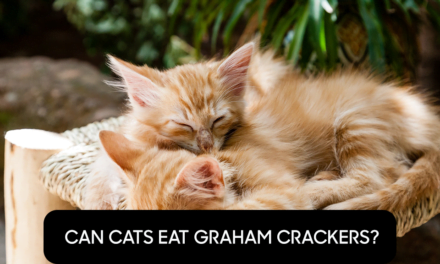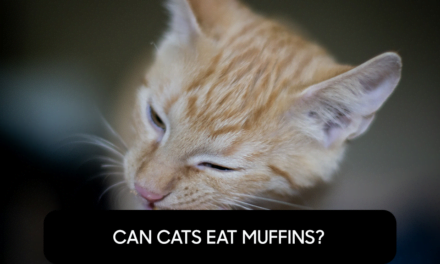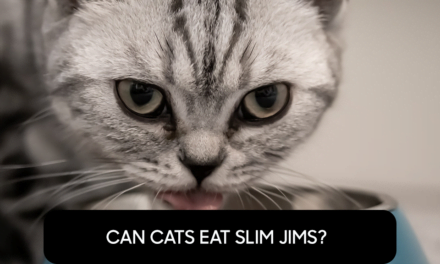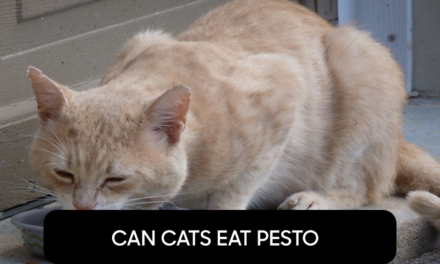
When you ask yourself, “Can cats eat meatballs?” there are a few things that you need to know. One of the biggest things to know is that meatballs can be very toxic for a cat. That’s why it’s so important to be aware of the risks and precautions that go into preparing them. Another thing that you need to know is that a cat should never be fed raw meat.
Ground meat
While meatballs can technically be eaten by cats, the recipe and the way you prepare it can make it harmful to your cat’s health. In fact, it can cause anemia, dehydration, and even death. It is important to consult with your veterinarian before preparing meatballs for your cat.
Meatballs are usually made with ground beef, chicken, pork, and lamb. However, they can also contain bread crumbs, eggs, and other ingredients.
If your cat is picky eater, it may not eat enough to meet its nutritional needs. Even if it has the appetite to consume more food, it could develop an allergy to any ingredient used to make the meal.
You should also keep in mind that some types of raw meat, especially fatty meat, can contain bacteria that can cause your cat to get sick. Therefore, you should never feed your cat meatballs if they have been cooked with raw meat.
The meatballs can be very high in calories, so you should monitor your cat’s diet closely. Also, you should be careful about the amounts of sodium, salt, and garlic that you give your cat.
When you make meatballs for your cat, be sure to cook the mixture thoroughly and in small portions. Ideally, the ground meat should be low in fat and high in protein.
Meatballs should be baked at a low temperature to prevent them from drying out. This is particularly important if you are using onions or garlic. Garlic is dangerous to cats because it can damage red blood cells in their blood.
Egg
There are a variety of ways to feed your cat. Meatballs are one of the most popular options. But before you begin, keep these tips in mind.
It is important to cook meatballs in a closed space to avoid temptation. Also, make sure to check the ingredients in the meatballs you prepare. Some may contain toxic additives. You should also consult your vet before giving your cat any type of meatball.
When you are cooking, make sure to use lean meat. Fatty meat can cause your cat stomach issues and obesity.
Salt is a common ingredient in meatballs. Too much salt can lead to an electrolyte imbalance. This can cause dehydration and possible vomiting.
Garlic is an aromatic flavor enhancer. However, it is very poisonous to cats. Small amounts of garlic can cause organ damage and organ damage is not something a cat wants.
Pepper is another ingredient you don’t want to add to your cat’s diet. Pepper can cause a range of toxic symptoms in cats. The amount of pepper you add should be small.
Onions are another commonly used ingredient in meatballs. Although onions have many health benefits, they can also cause serious problems for your pet. They can damage red blood cells in the body, leading to anemia.
Breadcrumbs are not safe to ingest. Bread crumbs are often used to hold meatballs together. These ingredients are not natural to a cat’s diet.
Onions
Onions are very common in meatballs, but they can also be very harmful to your cat. If your cat consumes onion, it could get sick and die. In fact, onion is one of the most toxic foods for cats.
In order to protect your pet, you should never give it onions, garlic, or any other allium-based ingredients. Instead, opt for plain meatballs. There are many types of meatballs to choose from, including beef, pork, poultry, and lamb.
You should also avoid feeding your cat meatballs that have been prepared using salt and other preservatives. These ingredients are highly toxic to animals and can cause gastrointestinal problems. Salt can also cause electrolyte imbalances.
Another food that can be dangerous for your cat is dairy products. Dairy products can cause diarrhea and stomach pain. Also, fatty meats can make your cat overweight, which can lead to other health issues.
Depending on the size of your cat, you may not have to worry about its reaction to onions. However, you should watch out for small amounts of onion, particularly if your cat has kidney or liver disease.
If you suspect your cat has ingested a large amount of onion, it’s a good idea to call your vet. They can provide personalized advice on what to do next.
Symptoms of onion toxicity include vomiting, diarrhea, and fatigue. In some cases, your cat will require blood testing, an ultrasound, or an injection under its skin.
Garlic
There are a lot of things to consider before feeding your cat meatballs. You don’t want to make a mistake, or you may end up with a sick cat.
One of the most common ingredients in meatballs is salt. Although salt isn’t a bad thing, it can be toxic to cats if taken in large doses. The average cat can consume about 21 milligrams of salt daily.
Salt is also found in many preservatives and additives, which can be harmful to your cat. Another common ingredient in meatballs is onions. These contain sulfur, which can be dangerous for cats.
Garlic is another commonly used ingredient. However, garlic can be a problem for your cat. It can damage your pet’s red blood cells, which can lead to anemia.
Fatty meatballs can also cause gastrointestinal problems. If your cat has a sensitive stomach, you should opt for lean ground meat.
Bread crumbs can be a bit of a bother, too. They can cause extreme bloating and pain in your cat’s stomach.
The best way to feed your cat meatballs is to form them into small balls. This allows them to be easier to digest.
You should also be sure to cook your meatballs thoroughly. If you aren’t careful, they can become acidic and can irritate your cat’s digestive system.
You should use only healthy seasonings and spices. Pepper can irritate your cat’s throat and nose.
Choking hazard
If you are wondering whether it is safe for your cat to eat meatballs, there are some good reasons to avoid it. The first reason is the choking hazard. Meatballs are packed with nutrients that your cat needs, but they also contain ingredients that can hurt your cat.
Some of the common ingredients in meatballs are salt, onions, and garlic. Though the latter two aren’t toxic to cats, they’re still harmful. In fact, garlic is five times more toxic to your cat than onion.
Besides being toxic, onions can cause anemia in your cat. This is because onions can break down red blood cells in your cat’s bloodstream.
Onions also irritate your cat’s throat and nose. They can cause vomiting and diarrhea.
If your cat does ingest any of these ingredients, you should call your veterinarian immediately. A vet may provide medication to ease the discomfort or give you an IV to flush your cat’s system.
Fortunately, most commercially prepared meatballs are safe for cats. But you should be careful if you’re making your own.
You should avoid giving your cat any frozen or partially thawed meatballs. Frozen food is hard for your cat to chew, and it can contain bacteria. Similarly, raw meat can also contain bacteria.
There are other foods that your cat might enjoy, though. For instance, some cats enjoy salmon, tuna, and baked chicken.
Symptoms of food poisoning
If your cat eats meatballs, you need to be aware of the symptoms. This can include vomiting, diarrhea, dehydration, and even life-threatening conditions. You need to take your pet to a vet as soon as possible to ensure that your cat is healthy.
Cats are obligate carnivores, which means that they are designed to eat animal-based protein. However, they can have allergies to certain ingredients in human foods.
Foods that are toxic to cats include onions, garlic, and chives. Some cats may also have allergies to beef and chicken. A meatball made with ground beef and onion is not good for a cat.
Symptoms of food poisoning in cats include vomiting, diarrhea, and fever. The severity of these symptoms will depend on the type of food that was eaten. Your vet can administer antibiotics and procedures to help your cat recover.
Meatballs are often contaminated with harmful bacteria and preservatives. They can cause digestive problems and pancreatitis.
It’s important to feed your cat a balanced diet, and avoid fatty meats. Fatty meats can cause your cat to gain weight and develop other illnesses.
Garlic is highly toxic to cats. Garlic contains thiosulfate, which is a poison that can kill red blood cells. Anemia is another common symptom of food poisoning in cats.
Onions are not only toxic, but can also cause an upset stomach. In addition, onion can break down the red blood cells in your cat’s blood. Therefore, your cat will become very ill.





